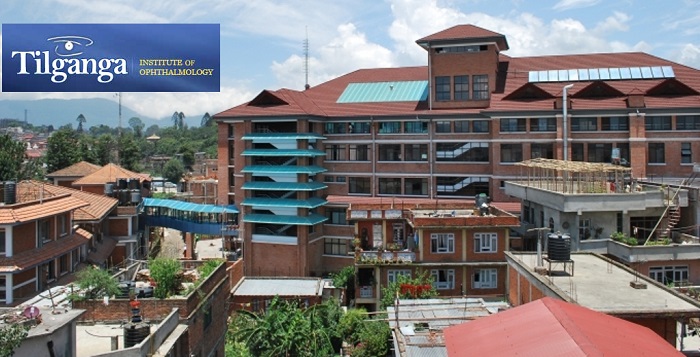
Bill to Transform Tilganga Eye Hospital into a University
Tilganga Eye Hospital, globally renowned for its eye care services, is on the path to becoming a university. The bill to establish Tilganga Eye University has been registered in parliament. This initiative aims to advance higher education, teaching, and research in eye health, following the Board of Trustees model.
Key Objectives of the Bill
-
Specialized Services and Technology Development: The bill seeks to enhance access to specialized eye care services, contribute to the production of eye care materials, and support technology development. The assets and infrastructure of the 'Nepal Eye Program and Blindness Prevention Society', led by Dr. Sanduk Ruit, will be incorporated into the university, spanning 31 districts.
-
Educational Upgradation: The bill proposes upgrading eye health education from diploma to master’s level, currently provided by Tilganga Hospital and Nepal Eye Program, to university level.
-
Global Recognition: Tilganga’s production department exports nine types of lenses to over 40 countries and produces essential materials for cataract surgery, underscoring its global prominence.
Parliamentary Process
-
Legislative Approval: The establishment of the university requires approval from both the National Assembly and the House of Representatives. Education, Science, and Technology Minister Sumana Shrestha presented the bill, highlighting that it imposes no financial burden on the government.
-
Dr. Sanduk Ruit’s Advocacy: Dr. Ruit has been a strong advocate for transforming Tilganga Eye Hospital into a deemed university, emphasizing the transfer of 30 years of accumulated knowledge, skills, and resources to the government.
Proposed Structure of the University
-
Schools and Centers: The university will include a School of Ophthalmic Sciences, a Research and Innovation Center, a Teaching Hospital, and a Production Center.
-
Governance: The university will be managed by a Board of Trustees, led by a chairperson. Executive leadership will be provided by vice-chancellors focusing on academic and management matters, selected based on their postgraduate academic and management experience in ophthalmology.
-
Financial Independence: The bill ensures that the university’s operations will not impose any regular financial obligations on the government. No colleges or teaching institutions will be affiliated with Tilganga University. If the university ceases operations, its assets will revert to the government.
Coordination and Collaboration
- Domestic and International Coordination: The university will coordinate with domestic and international universities, educational institutions, and the private sector. An academic council, led by the academic vice-chancellor, will oversee academic and research activities. An executive council, led by the management vice-chancellor, will handle general administration and human resources.
Background and Impact
-
Nepal Eye Program: The Nepal Eye Program, a non-profit and community-based organization, has been operating eye care programs in 20 districts since 2049 BS. It conducts educational programs in eye health in affiliation with the National Academy of Medical Sciences (NAMS) and the Council for Technical Education and Vocational Training (CTEVT).
-
Future Prospects: The establishment of Tilganga Eye University aims to enhance the study and teaching of advanced eye health education domestically and attract students globally, providing comprehensive eye care services to the public.
Conclusion
The proposed Tilganga Eye University represents a significant advancement in Nepal’s eye care and educational sectors. It is poised to become a model university, fostering innovation, research, and high-quality eye care services, while enhancing Nepal’s reputation in the global academic community.





